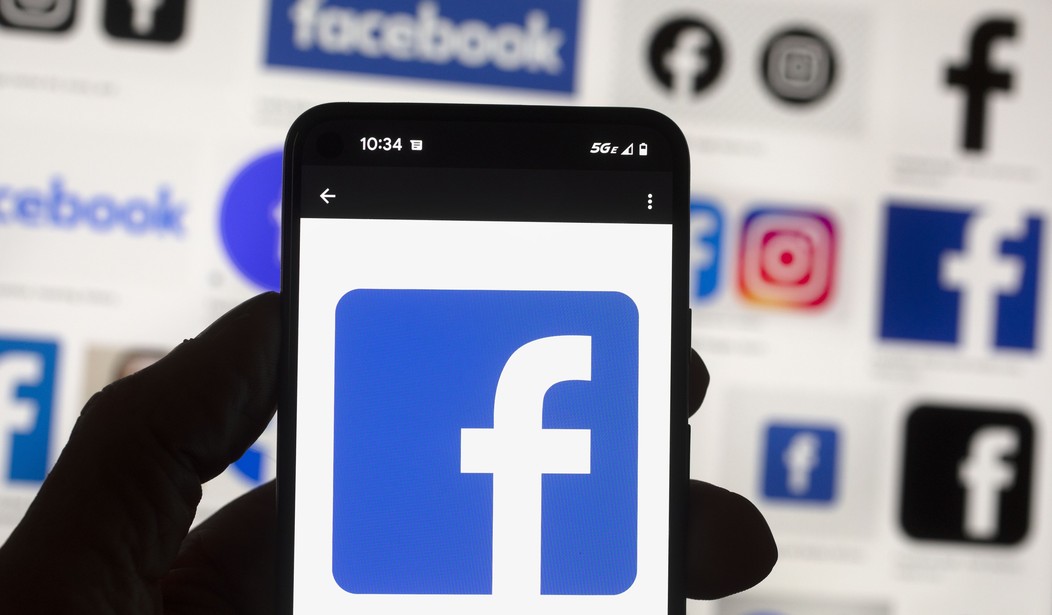It’s no surprise that mental health issues such as stress, anxiety and depression are on the rise among our young people, but I contend that there are far more factors affecting them than a lack of personal connection. All too often, it may actually be their quest to find an authentic connection that leaves them even more broken and at risk of sexual exploitation.
Our children are being targeted online like never before by those who only seek to use and abuse them. Predators pose as peers on their favorite social media apps or online gaming chatrooms, forming what feels like a real connection to our lonely and disconnected kids seeking affirmation and acceptance. They use the same grooming techniques that have been used by traffickers for generations, pretending friendship or romantic interest, showering them with compliments and gifts, gaining personal, private information, and building their trust until they feel confident asking the child to keep the relationship a secret. This isolation tactic helps the predator gain control in order to manipulate and “sextort” the child later on. They’ll ask for innocent-sounding photos at first, pushing for more and more each time until suddenly our kids are now under the control of this person and feel they have no one to turn to for help.
The statistics are overwhelming. There are over half a million predators online every day, and one in nine children will receive an online sexual solicitation. Nearly 90% of sexual advances directed at children occur on social media, in internet chatrooms or through instant messaging. Once the predators have secured sexual images of our children, they make them believe that there’s no going back. With today’s AI technology, they can manipulate those photos or attach their faces to other images and video, creating child pornography, or what it’s properly called -- child sexual abuse material (CSAM). This kind of content has increased online by 15,000% over the last 15 years. Our children are being victimized by this in ever more increasing numbers, in ways that not only steal their innocence but cause emotional and psychological trauma that will take decades to overcome.
Recommended
Whether the abuse is physical or virtual, as Psychology Today has reported, the long term impact of childhood sexual abuse can include depression, anxiety, borderline personality disorder, post-traumatic stress disorder (PTSD) and eating disorders. It is also strongly linked to drug and alcohol abuse, and those affected by childhood sexual abuse are more likely to attempt suicide later in life. Many of these consequences also take years to develop as the abuse or exposure to pornographic material alters brain chemistry, and as children grow through puberty, symptoms can be exacerbated.
The mental health struggles our young people are experiencing today are overwhelming as it is, so we must do everything in our power to protect them from the abuse and exploitation that will only compound the issues. Parents must be willing to normalize difficult conversations with even very young children, to prepare them for the warning signs of potential abusers. We must help them understand the power of their voice and intuition, the tactics of predators, that no one should ever ask them to keep an unsafe secret from their safe adults, and that their online activity should be limited and monitored for their own protection.
There are several programs available to assist parents in these steps, including PAXA Pointers for Parents, and the Cool Aunt Series by Rachel Thomas. We also provide system-wide pathways for schools (SPEAK UP) and churches (REAL TALK), so that leadership to the youngest of children are educated, equipped and empowered to stay safe. There are also many resources online to help educate parents in setting privacy levels on our children’s devices so they aren’t as accessible to predators, as well as guidelines for how to best limit our kids' use of connected devices so they don’t become part of the loneliness epidemic we are hearing so much about. We must equip ourselves so that we can be the protectors and defenders our children need when it comes to both their mental and their sexual health.
Elizabeth Fisher Good is the founder and CEO of The Foundation United, a catalytic platform to end sexual exploitation and trafficking through systemic change. Fisher Good is a passionate pioneer and inspirational thought leader with a desire to expose the root issue behind sex trafficking -- childhood sexual abuse. Her book “Groomed” (HarperCollins, 2020) recounts her own story of loss, abuse, and triumph.
























Join the conversation as a VIP Member